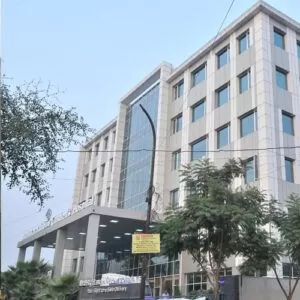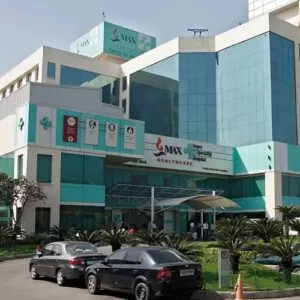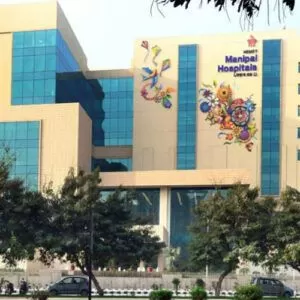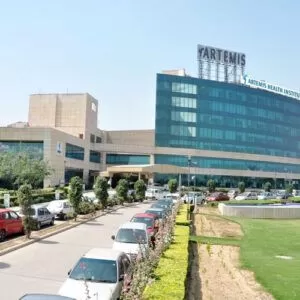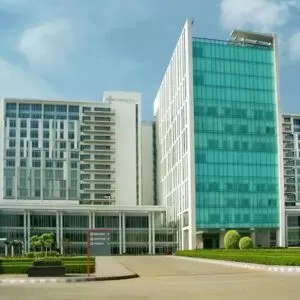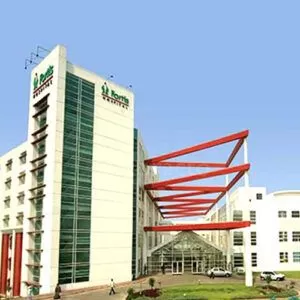Give Your Life a Second Chance, Start Your Kidney Transplant Journey with Shinon Global
- 7000+ International Patients Guided
- Trusted Network of Top Kidney Transplant Hospitals
- Up to 80% Lower Cost Than the US/UK
- End-to-End Support from Consultation to Recovery
This treatment offers a better quality of life compared to long term dialysis, with improved energy, fewer diet restrictions, and longer survival rates.
India is home to some of the best kidney transplant hospitals in the world, offering advanced surgical care, experienced nephrologists, and globally recognised facilities.
At Shinon Global, we make access to the best kidney transplant hospital in India simple, safe, and fully supported. With up to 80% lower costs, we help international patients get an affordable kidney transplant in India without compromising on care, ethics, or outcomes.
Living Donor Kidney Transplant
A healthy kidney is donated by a living person, often a close family member like a parent, sibling, child, or spouse.
This type of transplant is typically quicker to arrange, has higher success rates, and allows for planned scheduling.
Shinon coordinates full evaluations for both donor and recipient, ensuring safety and match accuracy.
Deceased Donor Kidney Transplant
Kidneys are sourced from brain dead donors who have consented to organ donation.
Recipients are matched based on blood type, medical urgency, and national transplant registry guidelines.
Due to high demand and limited availability, waiting periods can be longer.
With Shinon Global, patients receive end-to-end guidance coordinating with top hospitals without delays or confusion.
The most common conditions that may require a kidney transplant include:
– Diabetes – The leading global cause of kidney failure
– Chronic high BP – Uncontrolled blood pressure damages kidney function over time
– Polycystic kidney disease – A genetic condition causing fluid filled cysts
– Glomerulonephritis – Inflammation of tiny kidney filters (glomeruli)
– Urological conditions – Including blockages or severe infections
– Other causes – Like autoimmune diseases or prolonged use of certain medications
Through our network of accredited hospitals, patients access not only top notch medical expertise but also affordable kidney transplant in India, with up to 80% cost savings compared to treatment in the US, UK, or UAE.
For related donors (family members), documents required:
– Valid medical visas for both donor and recipient
– Passport copies and passport size photographs of both
– A No Objection Certificate (NOC) from your country’s embassy in India
– A family photo clearly showing the relationship
– Birth/school certificate or government ID showing relation
– Marriage certificate, if the donor is the spouse
– Bank statements and ITRs (last 3 years)
– All medical reports and prescriptions
Additional Requirements for Unrelated Donors:
– NOC from donor’s family approving the organ donation
– Proof that related donors are medically unfit
– Attested family tree
– Donor’s close relative must attend Authorization Committee meeting
– Affidavits with photos, attested by a magistrate
Our dedicated case managers coordinate all paperwork, embassy clearances, and hospital protocols so you can focus on your treatment with peace of mind.
Most patients typically stay in the hospital for 7 to 10 days after the transplant, followed by regular follow-ups for a few weeks.
| Country | Cost (USD) |
|---|---|
| India | USD 11,000 – 18,000 (all-inclusive) |
| USA | USD 200,000 – 400,000 (without insurance) |
| Singapore | USD 49,000 – 70,000 |
| UK | USD 55,000 – 70,000 |
| Thailand | USD 21,000 – 26,000 |
Note: Costs are approximate and vary based on individual condition and hospital. Contact us for an exact estimate.
Our dedicated case managers offer complete support from donor documentation and legal clearances to hospital and surgeon selection, and medical visas.
Why international patients trust us:
– Partnerships with JCI & NABH accredited hospitals
– Access to top surgeons with 20-30+ years of experience
– 7,000+ kidney transplant cases coordinated
– Personalised hospital/doctor matching
– 24/7 case management and aftercare support
With Shinon Global, you get trusted care designed around your life, values, and health goals.
Expect six months or more of recovery time.


